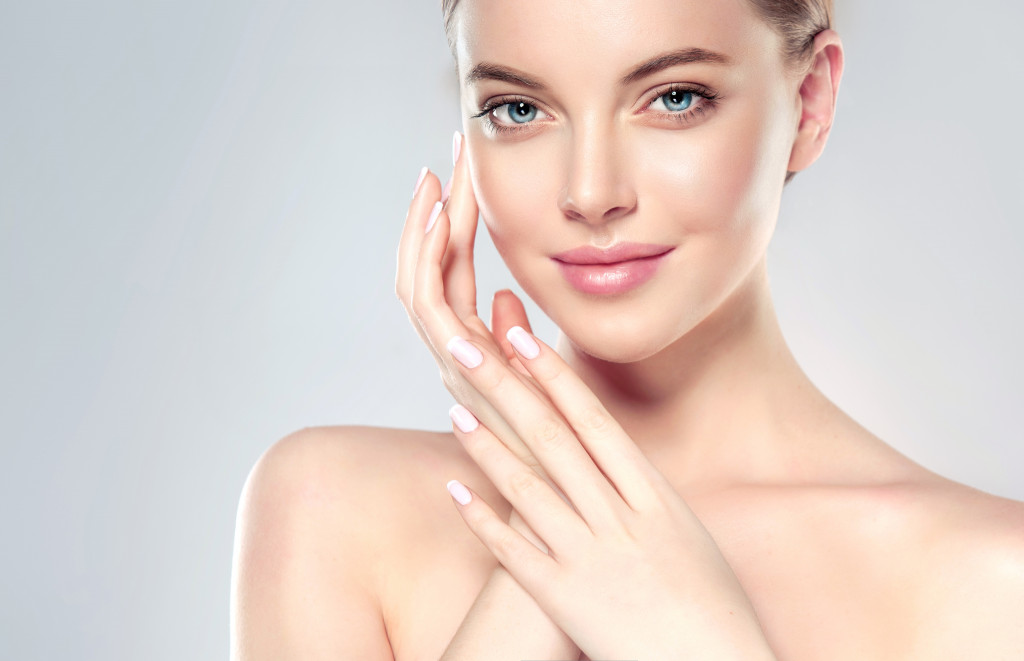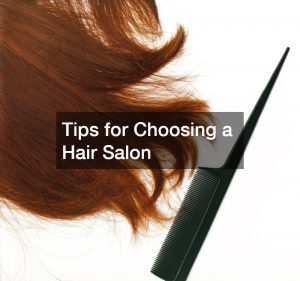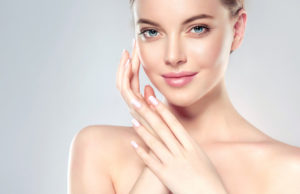Your skin is the first line of defense against the environment, and sometimes, these can take a toll on your skin’s health. Ignoring these external stressors can result in various skin problems, including acne, premature aging, and even skin cancer.
Although some of these factors are beyond your control, you can still modify your exposure to them to protect your skin from taking a beating. Here are some of the most common external factors that are damaging your skin:
Sunlight
Sunlight is one of the essential natural resources for human health, both mentally and physically. It helps to provide much-needed vitamin D, which is vital for bone health and immune function. However, sunlight can also negatively affect skin health, causing damage to the cells and leading to premature aging. It is especially true in cases where people are overexposed to UV rays or fail to use sunscreen regularly.
Damage from sunlight can appear as early as ages ranging from the twenties and thirties, with increased wrinkling, dark spots, yellowing of the skin, and even cancer risk. Therefore, it is crucial to ensure that you get enough sun exposure and do so safely by protecting your skin with proper clothing and sunscreen.
In doing so, you may reap many of the benefits of this natural resource without suffering its adverse effects on your skin.
Air
You may not realize it, but the air you breathe has a significant impact on your skin health. Polluted air is full of toxins and chemicals that can damage your skin cells, leading to premature aging, inflammation, and various skin problems. Even if you don’t live in a big city, you’re still exposed to harmful air pollutants from cars, factories, and power plants. Over time, these pollutants build up in your system and take a toll on your skin.
If you want to protect your skin from harmful air pollutants, you can do a few things. First, try to limit your exposure to outdoor air as much as possible. You can also use an air purifier indoors to remove contaminants from the air in your home or office. Taking these precautions can help keep your skin healthy and look its best.
Weather
The weather has a significant impact on skin health and appearance. Extreme changes in temperature, such as heat or cold, can cause dryness and irritation in the skin, leading to conditions like eczema or psoriasis. On top of that, certain weather conditions like wind or rain can exacerbate these effects, leaving the skin exposed to frequent irritation and even infection.
Ultimately, the weather can have a detrimental effect on overall skin health and appearance, so it is essential to take care of your skin by using moisturizers and sunscreen. Doing so can help protect your skin from the harmful effects of weather and keep it looking smooth and healthy for years to come.

Sleeping Environment
There are several ways your sleeping environment can negatively affect your skin health. Poor lighting and uncomfortable temperature may disrupt your sleep and leave you feeling groggy and lethargic during the day.
Additionally, lack of moisture in the air can lead to dry, flaky skin, while high levels of air pollution can cause redness and irritation. Finally, your bedding and pillow can harbor bacteria and other contaminants, leading to breakouts or skin problems.
So if you’re looking to maintain healthy, glowing skin, it’s crucial to be proactive in improving your sleeping environment and create a soothing space that supports healthy sleep cycles and renews your body for each new day. By choosing comfortable pillows, keeping extraneous light sources at bay, and regulating our temperature during sleep, you can rest easy knowing that your skin will thank you.
Noise
Noise is a well-documented threat to skin health, especially with frequent and prolonged exposure. Studies have shown that exposure to high noise levels can cause various skin conditions, including dryness, inflammation, and even early wrinkling. It is likely due to increased stress levels associated with noise exposure, which can disrupt the delicate balance of hormones in the body.
It is essential to minimize your exposure to loud sounds to prevent unwanted effects on skin health. It might involve wearing earplugs or moving to another room when you need some quiet time. Additionally, taking steps to reduce stress levels through practices like meditation or regular exercise may also help protect your skin from the adverse effects of noise pollution. With these simple strategies, you can keep your skin looking young and healthy despite all the background noise.
External factors like sun exposure, air pollution, extreme weather, the sleeping environment, and noise can harm skin health. However, by being proactive and taking steps to improve your environment, you can keep your skin looking its best.









